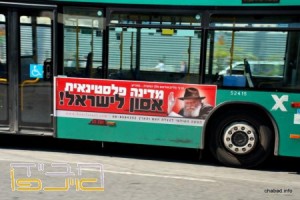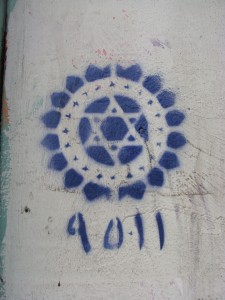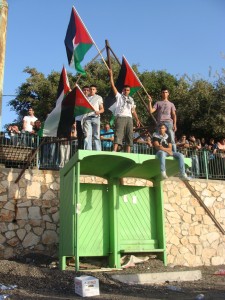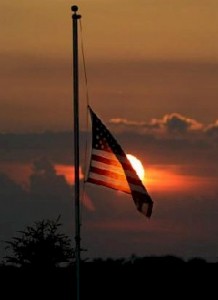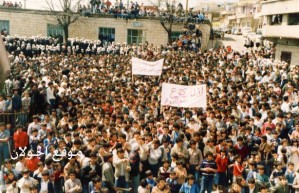 Maan News Agency, May 25, 2011
Maan News Agency, May 25, 2011
On May 17, two days after the Nakba day protests, the Economist ran an article titled, “Here comes your nonviolent resistance.” The writer pointed out that the demonstrations that took place on May 15 were in the spirit of the First Intifada which was, by and large, nonviolent.
My colleague Joseph Dana voiced the same sentiment, and much more gracefully at that in an article he wrote for Alternet:
“Many in the international press are claiming the Nakba day protests show that the Arab spring has arrived in Palestine…It was Palestinians who organized mass unarmed resistance against Israeli occupation in the late 1980s…It is in villages like Bil’in, Budrus and Nabi Saleh that Palestinians have continued this spirit of unarmed resistance every week for the past eight years despite continued Israeli attacks. The Arab spring has not arrived in Palestine; it has always been here.”
I endorse these articles. They offer important, nuanced takes on the Nakba Day protests, the First Intifada, and Palestinian resistance to the occupation.
But they’re both wrong.
